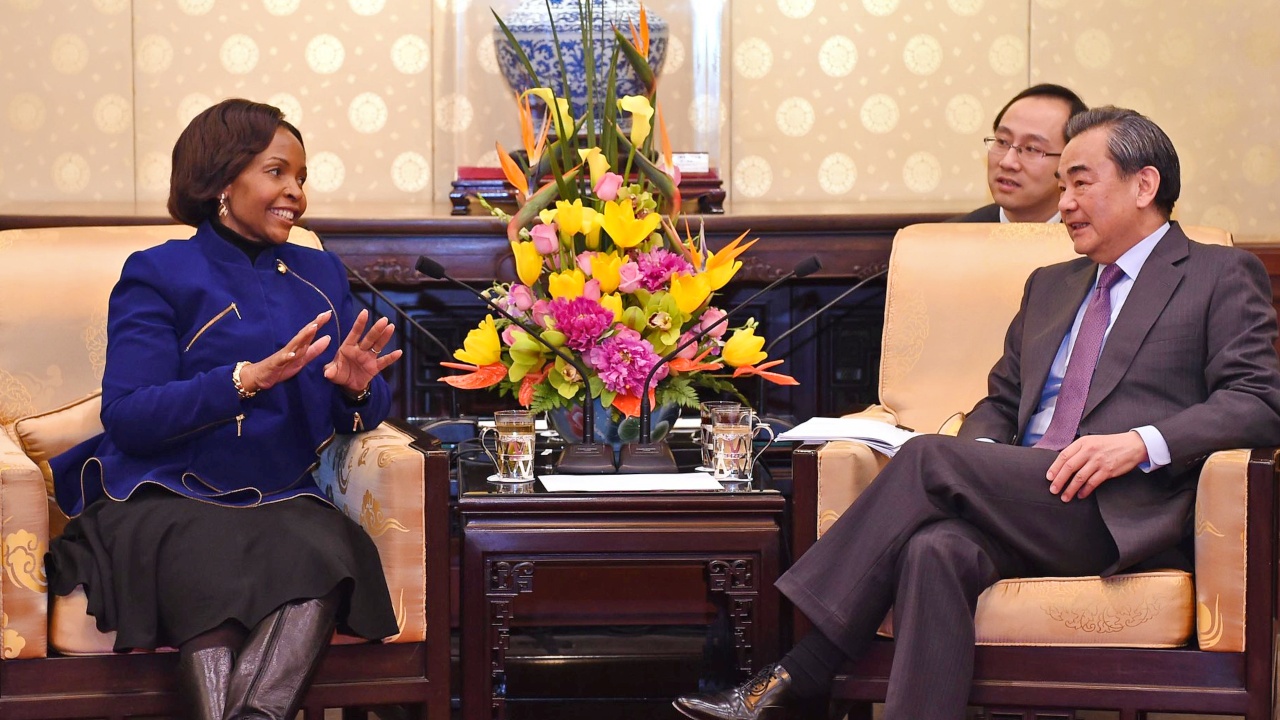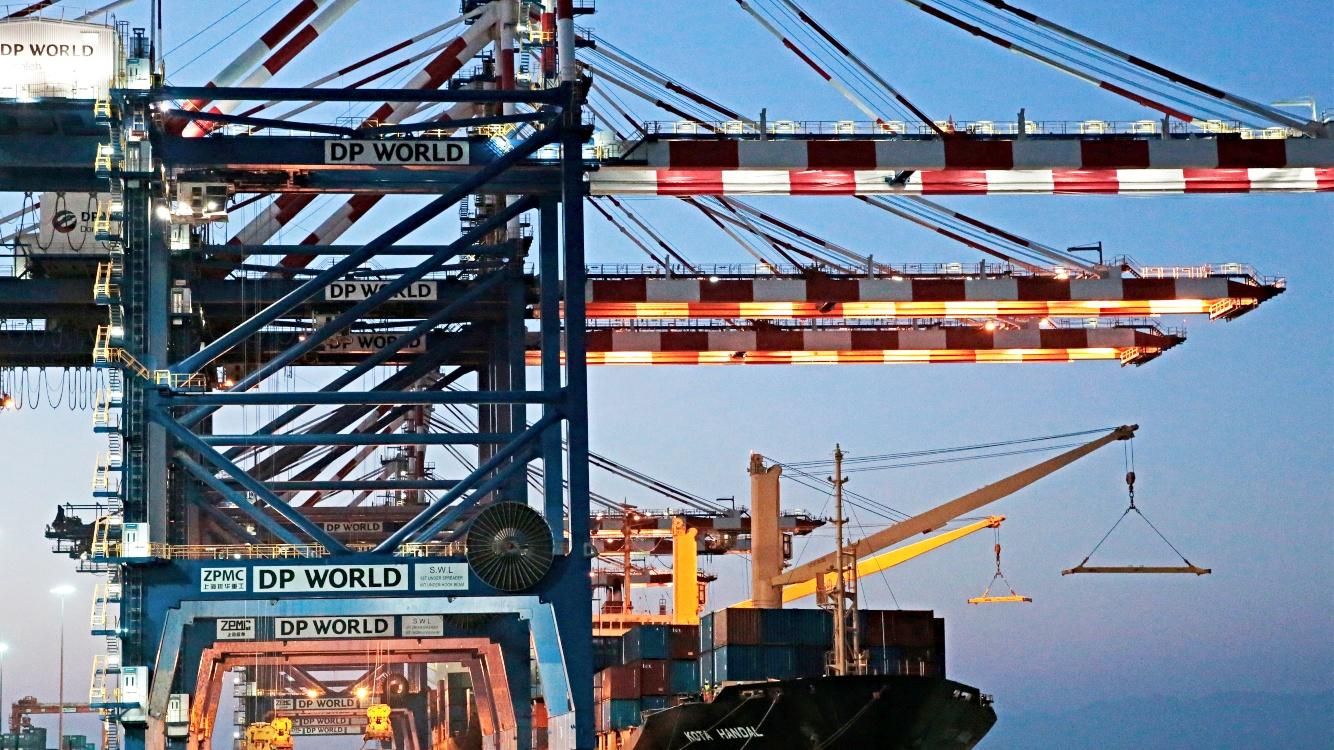Since Guinea’s military coup in 2021, a junta has established a transition council ahead of declared democratic elections. But the process has failed to break from the country’s ethnic politics. Roland Benedikter argues that the transition needs to engage the challenge of ethnic diversity and forge good relations between groups to progress the country’s unity.
Four coups in Africa in 2021 have branded the year as ‘the return of coups to Africa’. On 5 September 2021, the Guinean government under President Alpha Condé (2010-21) was overthrown by his own special forces, with a military junta composed of mostly young army career professionals taking power. They promised to rely heavily on former UN personnel and to implement a fast and smooth transition to democracy with general elections in 2022. Half a year after the coup, the situation has stabilised on the outside, but on the inside it remains highly volatile.
A French-educated intellectual, Alpha Condé had been Guinea’s first democratically elected President, raising high hopes of democratisation, participation and modernisation, including a fair redistribution of the country’s riches. But after a promising first term, Condé increasingly tightened his grip on Guinea’s economy and society. He played the game of ‘divide et impera’, favouring his own ethnic group and installing an increasingly authoritarian reign using police and the military to silence opponents, eventually changing the constitution to allow a third personal Presidential term. The military junta that replaced him in September 2021 promised to change the logics of that game, but the same basic factors and mechanisms of Guinean politics remain.
As a result, since the takeover in September 2021, the junta formalised representatives to the National Council of Transition (CNT) and, in the process, confirmed a major role of ethnic groups. Through attempts to position persons and groups that serve the complex logics of Guinea’s 24 ethnicities, the military junta leaved it open whether it can succeed in its goal of a peaceful and reconciliatory transition.
According to informal reports by the democratic factions on the ground, the dialogue between the junta, ethnic groups and democratic party representatives of at least eight major camps about the future of the country started immediately after the coup. Yet to date the practical results remain in their infancy. The junta still appears to be figuring out the exact details of the chronogram of transition, thus avoiding serious public conversations about what form this takes. It has justified its reservation with concerns that too many questions could harm the process.
Nevertheless, critics suspect that the young military that compose the junta may have savoured the flavour of power. As to be expected, they are being pushed by their families and ethnic groups towards securing spaces of influence and thus cannot – or do not want to – organise a transition quickly to hand over responsibility to civilian representatives. Be that as it may, the fact that the narrative of stability has dominated the statements of the junta over the past months has been met with mistrust by the democratic parties’ representatives. At the same time, the African Union is pressing for a fast return to normality. The withdrawal of French, Canadian and European troops from neighbouring Mali, which also underwent a coup, changes the geopolitical area’s power balance and influences considerations by all involved in Guinea.
In such climate, there are two topics that shape the current situation in Guinea:
- first, the nomination and composition of the National Council of Transition (Conseil National de Transition, CNT), which acts as the transitional parliament; and
- second, the positioning of ethnic groups and families in preparation of the upcoming elections and subsequent options of change.
The 81 members of the transitional parliament CNT, including 25 women, were appointed by presidential decree on 22 January 2022. During the selection process, it seemed that the junta put considerable weight on ethnic group affiliations to select these representatives. As in ‘normal’ times, people were selected according to who was expected to implement its will in upcoming decisions, while trying to balance the arrangement by choosing some well-known liberal minds. For example Guinea’s President-in-Chief, military junta leader Colonel Mamady Doumbouya, appointed the civil society activist Dansa Kourouma as Chairman of the CNT as one of two of the junta’s finalists. The other was women activist and former presidential candidate Hadja Saran Daraba Kaba, a former Minister of Social Affairs and Promotion of Women and Children (1996) and the recipient of the United Nations Human Rights Prize in 2003. Kourouma has been a well-known fighter for youth rights who was involved in creating previous electoral laws and has been in the open on the civic and political scene for more than a decade.
Doumbouya’s choice was accompanied by both applause and critique. Many admire Kourouma for his patient and sometimes stubborn work on empowering Guinea’s – and Africa’s – youth, thus aimed at preventing further mass emigration and a brain drain of the most promising and talented to Europe. Meanwhile others think the country has more important issues to solve, including a greater strategic outlook, which remains strongly dependent on the political economy of the ruling class that seems widely independent of generational considerations.
In addition, not only are both finalists, Kourouma and Daraba, members of the ethnic group Malinké, the acting president’s own group, but both individuals have also in essence (formally) supported the former dictator Alpha Condé in previous elections, including his plan for a third term. When Guinea’s Ministry of Administration published the list of the 81 members of the CNT, many observers said they were disappointed, since more than a few names have long been involved in ‘the system’ in rather obedient or conformist roles. Besides parts of the (educated or informed) youth, Kourouma himself seems not to be particularly popular in broader segments of the votership. Given that the junta chose the majority of its Malinké ethnic group for the parliament, this led some other ethnic groups and families to further mistrust the process, including some Malinké themselves.
An important side aspect to consider is that the junta promised from the start that no member would stand in upcoming elections. It remains unclear whether this is also valid for its non-democratically appointed members of the CNT, including Kourouma. It would mean that the junta appointed some progressives who are subsequently prohibited from running in the upcoming general elections and are de facto eliminated from the further post-coup political process. Overall, despite relying upon the charisma of progressive personalities, the composition of the CNT and respective political manoeuvers appear ambivalent even to some supporters of the current government. This seems to be no prejudice about the further outcome of the process, which clearly relies upon good will (idealism), but rather a (realist) observation by some of those working to improve things on a daily basis.
A final issue not to be underestimated over the coming months will be the role of powerful families with regards to existing and nascent party structures. Family networks are positioning themselves in relation to each other, the most influential ethnic groups and the rulers in view of upcoming elections. Given Guinea’s large number of ethnic groups, with many unrestricted by national borders, a competition is hardly avoidable every time it comes to the re-arrangement of power structures. There are countless contacts and pre-agreements under negotiation behind the curtain.
Without doubt, the complex and (at least from the viewpoint of a Western logic) often paradoxical intertwinement of ethnicities, groups and families is making a fast transition to democracy more difficult. On the other hand, this is to some extent ‘African normality’ and a traditional balancing structure. It prevents a more directly ‘ethnic’ transfer of power.
It will be important in the coming months for any government in charge not to lose touch with the ethnic diversity challenge and keep a calm and moderate hand in forging the respective relations for the sake of the country’s unity, while safeguarding its inner plurality. Positivity can prevail if all factions work together, as much as possible, as equals in the transition process, with a perspective that combines idealism with realism.
Photo: Aboubacarkhoraa, CC BY-SA 4.0 via Wikimedia Commons.





